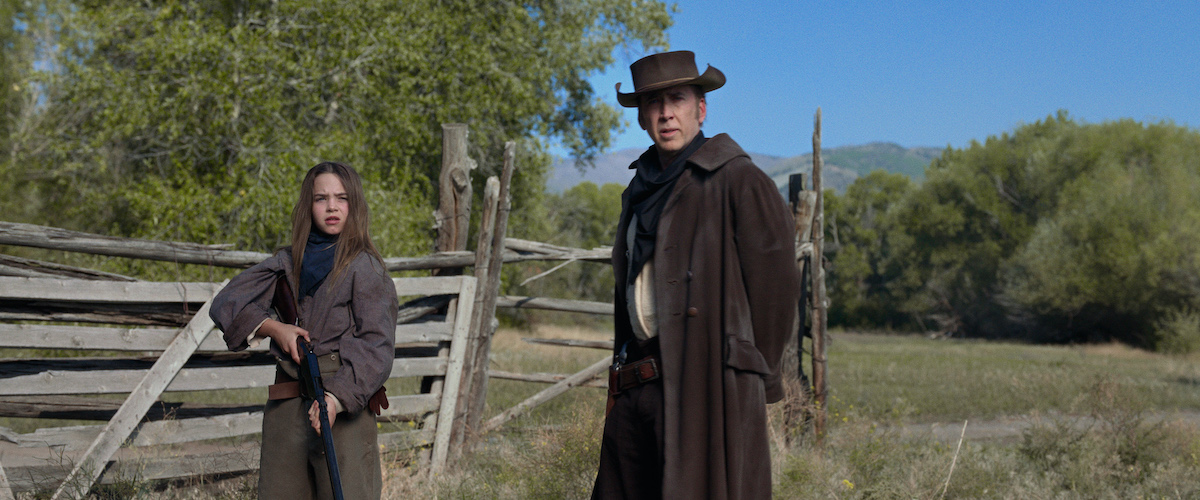Through the swamps of the South, he ran not just for freedom, but for history to bear witness.
Emancipation (2025) is a harrowing and powerful historical drama that revisits one of the darkest chapters in American history through the lens of resilience, hope, and unbreakable human spirit. Directed by Antoine Fuqua and starring Will Smith in a haunting, committed performance, the film is inspired by the true story of “Whipped Peter,” a formerly enslaved man whose photograph shocked the world and fueled the abolitionist movement.
Set in the brutal swamps of Louisiana during the Civil War, the film follows Peter, a man torn from his family and sold into a Confederate labor camp. When he learns that President Lincoln’s Emancipation Proclamation is close to becoming law, Peter risks everything to escape. What begins as a desperate flight for freedom becomes a grueling odyssey across treacherous terrain, pursued by ruthless slave hunters and hostile soldiers.

Will Smith disappears into the role, giving a physically and emotionally grueling performance that captures both the horror of Peter’s suffering and the unyielding determination that drives him forward. The cinematography by Robert Richardson is both bleak and poetic — the stark black-and-white aesthetic highlighting the cruelty of bondage and the faint glimmers of hope along Peter’s journey.
What sets Emancipation apart is its unflinching honesty. It does not romanticize escape or reduce Peter to a symbol — it shows him as a man, wounded but defiant, shaped by brutality yet not defined by it. His encounter with Union soldiers and the famed photograph of his scarred back serve as the film’s emotional and political climax, a moment that turns personal pain into national outrage.

More than just a survival story, Emancipation (2025) is a declaration — of dignity, humanity, and the unbreakable will to be free. It forces audiences to confront the legacy of slavery while honoring those who fought to escape its grasp.

-1754617868-q80.webp)

